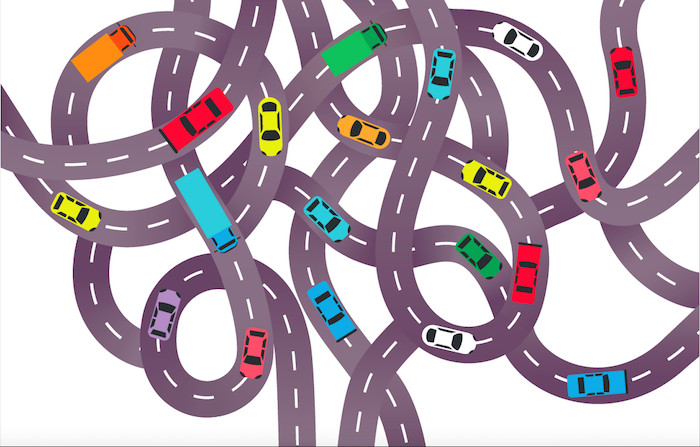
Jake O'Brien Murphy is facing his return to work with a mixture of trepidation and excitement
It’s very hard to have any concrete opinions about the state of the hospitality industry when everything is subject to such sudden and prompt change. That’s why politicians immediately distance themselves from whatever they’ve just said with a series of noncommittal verbal backflips. Remember when the kids went back to school? For one day? Exactly. So I’m prefacing this by saying; I’m writing speculatively from the recent past. The safety of mid-April to be exact. Impervious to either hindsight or insult. For context, at my point in history, the UK has recently found itself one Royal lighter, is enjoying the long-awaited return to outdoor service and is unperturbed by the long shadows cast by numerous international Covid-19 variants.
Currently, I’m a 60/40 mixture of excited and nervous to return to work. After not having access to the grindstone of daily service for over a year, I’ve realised that on my return to employment there are inevitably going to some blunt edges. I’m sure many people feel the same. Day-to-day, my priority has been paying rent rather than cultivating my personal brand of feng-shui-bullshit-bartending. Consequently, I’ve slid down the spectrum from a functional utility knife – not the prettiest per se, but just sharp enough to get the job done – to possessing the practical capabilities of a flimsy plastic spork, specialised for bilateral disappointment.
It’s been a year swamped by rules and regulations. A panorama of dos and don’ts. I think, for the most part, society at large has dutifully adhered to those rules. I don’t think those regulations will necessarily go away overnight though. For the foreseeable, facemasks, sanitiser and precautions such as temperature checks are built into the infrastructure of everyday life. As a bartender in a post-lockdown world, I’m willing to assume a large part of my responsibilities will centre around creating and maintaining safe spaces and cultivating trust. Now, there’s nothing sexy about a laminated binder of double-paged, point eight font, safety protocol, so the unique challenge is navigating the rather dull tightrope of civic duty while keeping it convivial. Allowing guests the freedom to enjoy themselves safely, while remaining patient and unobtrusive with the small print.
Positive implications
The upside is that this entire lockdown shitshow has been one humongous shared cultural experience. Unless you’ve recently awoken from a coma, you’ve had a similar lived experience to the people around you. Which, hopefully, has some pretty positive implications for bars and restaurants. The perception of the hospitality sector has been entirely recontextualised within a relatively short amount of time. Communities have, and still are, rallying behind F&B businesses. The “local” is trading strong and, while the hospitality sector has taken huge hits over last year, through a shared voice it is now part of the political agenda. If it happens, the proposed minister for hospitality could bring much-needed reform around contracts, wages and securities. This comes at an opportune time as Covid-19 has accelerated the move towards a cashless model. Cash tips, and the incentivising factor they bring, are diminishing. Short-term, this seems bad. Long-term, it is potentially brilliant. It means companies will have to re-evaluate their payment structures to be more transparent, representative and fair.
So there you go: my sketchy guesswork, in which my return to working service is perfectly summed up by those viral images of the cargo ship that blocked the Suez canal. Still, I’m eager to get back to it. I know we’re not returning to anything directly comparable to what we once knew. Over the past year, change has happened so quickly that by sheer force of immediacy it is accepted as reality. But I have no doubt that the hospitality industry will play a vital role in defining what those realities are post-Covid. The obligations of public safety won’t go away just because the physical barriers have. Refilling the sanitiser will become as second nature as picking mint. Mostly I’m convinced things can get better.
This assumes the roadmap worked, which is hard to believe, considering who’s providing the directions.


